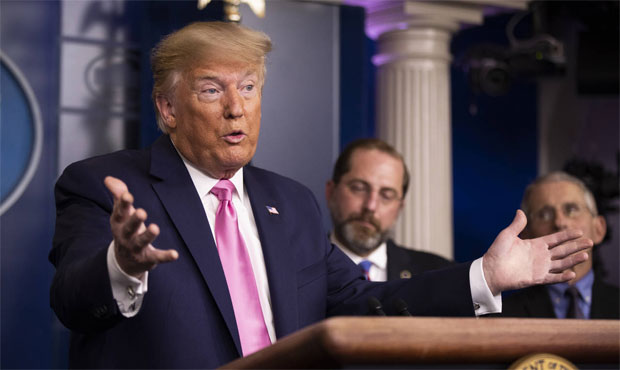A history lesson on how to flip the Seattle City Council
Apr 3, 2019, 5:05 AM

(File photo)
(File photo)
A group of Seattle residents, fed up with the City Council, organized to flip the council by voting them out, seat by seat. Sound familiar?
It’s not the story of Seattle’s current city council election season, rather, the story of CHECC — Choose an Effective City Council — in the 1960s and 1970s. One of its leaders was Bruce Chapman, who argues that Seattle’s current affairs are a repeat of that movement.
“I think the biggest period of progress was the so-called Progressive era back in the turn of the 20th Century when we really became a big city, the ship canal was built; all the dams that give us our electrical power at a low rate, environmentally sound rate, all of that happened,” Chapman told Saul Spady on KTTH. “And then again in the 60s and 70s. Each time had a reform movement attached to it. That’s what I see happening again, right now.”
RELATED: Local leaders respond to homeless conversation
RELATED: Capitol Hill leader Egan Orion challenges Sawant
Chapman is referring to groups like Speak Out Seattle, and others, that are getting involved in Seattle politics with the aim of changing over the City Council. The November election has seven out of nine council positions up for a vote — four members are not running for re-election.
Through the CHECC movement, Chapman himself was elected to the Seattle City Council. The goal was to completely turn over the government body, or at least get enough members to change things.
“The good news is that it can happen, there can be a complete turnover of the City Council,” Chapman said. “In that case, it was almost the opposite of this one – (the council) was rather sleepy. But also there was some corruption in the police department and in various other agencies, because of a tolerance policy. We found that we had certain activities going on … prostitution, card rooms, and so forth that were tolerated by the government, rather than having the law enforced. The result was a certain amount of vice going on, paying off the police system.”
“I think there is actually an analogy to right now with failure to enforce laws on drugs and various other petty crimes that make it a discretionary matter whether the law is enforced,” he said.
CHECC
Chapman says that it took several years for CHECC to work, electing council members one-by-one, election after election. He recalls a group of young people “fed up with the quality of city government” working together.
“It really wasn’t as big of a group, believe it or not, as Speak Out Seattle,” he said.
Of course, in those days it wasn’t as expensive to campaign, he notes. But Chapman says it shows that a small group of people can make a difference. He argues that today, with social media, that is even more true.
“It can work, we did change the city council around,” he said. “We went from a time when people were feeling run down about government, feeling depressed about it. We got a prosecutor elected who started putting people in jail, who were also part of the payoff system. There are real changes that a group of people on the council can do … you need to have five. We used to say ‘five votes is policy.’”
Beyond that, there was an understanding that politics isn’t so divisive at a local level, which is especially true in the modern context of contentious national issues.
“People on the local level agree about many more things than they disagree,” Chapman said. “One of the dangers is importing all the national politics into the city where it’s irrelevant … the real issue is safety and rehabilitation of lost lives. When that gets stated, people are in agreement. When you start talking about other things, the Iran nuclear deal or something, when people raise issues like that, it’s usually so they can change the subject off of the real one.”












